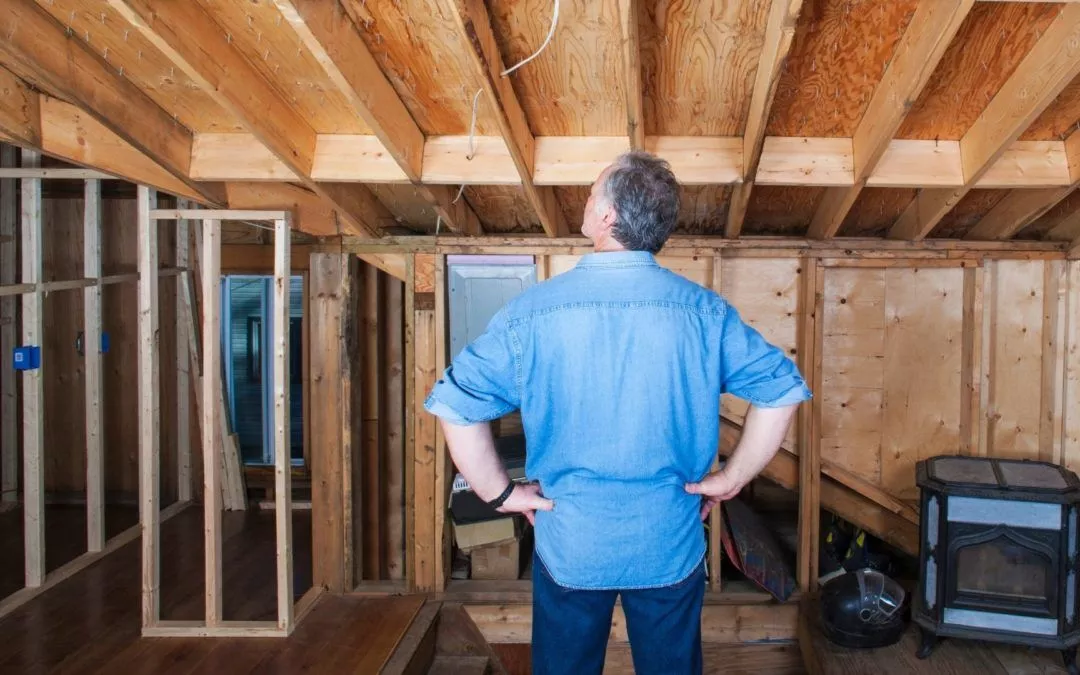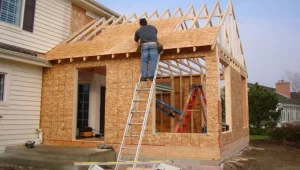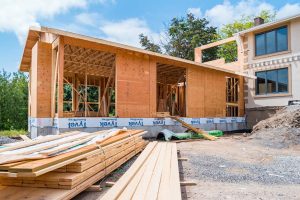Homeowners frequently reach a point when they feel uncomfortable with their residential spaces. The longer we stay in a house, whether for kids, pets, or just having too many things, it tends to get smaller.
There are many options for rearranging, repurposing, or adding small amounts of space here and there. However, building a home addition is the best method to increase your house’s resale value and add significant quantities of utterly functional space.
Suppose you wish to expand your living area without buying a new house. You are prepared to advise your home addition plans and assist with the total cost calculation. Working with a reliable real estate agent and contractor will ensure that you receive accurate home addition prices, allowing you to plan your budget effectively.
Factors That Affect the Price of a House Addition
One of the initial steps in designing a house addition is figuring out the typical cost and its many influencing factors.
Dimensions and scope of the home expansion
The cost of a home expansion is commonly calculated per square foot. Size does matter, but estimating the price based on square footage, as many online calculators do, would probably yield an unreliable figure.
A 100-square-foot expansion will not cost twice as much as a 50-square-foot extension; instead, the cost will rise by only a third.
The location of the home addition
To make place for an addition, indoor and outdoor obstructions must be moved or eliminated, raising the project cost. What already exists where you intend to build your house addition? Consider landscaping, HVAC systems, electrical wiring, buried pipelines, and other unnoticed characteristics.
The construction supplies for the home addition
Most individuals who construct home extensions want the additional components to blend in with the house they already have. So, you will have to pay for whatever was initially used as building materials to construct your home if that means using wood siding, which is as expensive as vinyl siding. To cover the addition, you will probably need to extend the roof. Ideally, this extension should resemble the original.
Costs of Labor and Licenses
Managing labor expenses on a significant project like a house addition cannot be avoided. These expenses may account for 35-50 percent of the overall cost. Depending on the house addition, labor expenditures may include hiring qualified experts, roofers, electricians, and painters.
A large-scale project like a house expansion could need construction permission from the neighborhood authority. To guarantee that the job may progress as planned, qualified contractors will ensure they secure a permit. You will need to pay for licenses between $450-1,950.
Resources to be used
There are several materials, such as concrete, ductwork, roofing components, plumbing, wood frame, drywall, paint, electrical wiring, and many more. More than just standard building supplies are available.
One of them is the cost of customizing items like flooring, exposed beams, lighting, fixtures, windows, and doors that may need to be added to the budget. It is crucial to understand as a home builder that the material has a cost dependent on regional market pricing at the time of purchase.
Competent Remodeling
There are only two ways to add to a house: up or out. Building upon a smaller land can be their only choice because it is less expensive. For instance, building on top of an existing garage is more cost-effective if your home already has one since the foundation is conventionally designed to support the extra weight.
On the other hand, building out is often more expensive since it requires a new foundation. Structural problems need to be resolved to maintain the strength of the walls and roof, even with the other addition. Therefore, the solution ideal for your home and budget will be recommended by our contractor. Call us at (425) 760-4216 for free quotes and ideas or visit our website at https://www.theinnovativetouch.com to learn more about our previous work.





Recent Comments